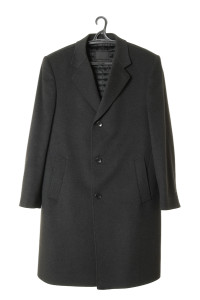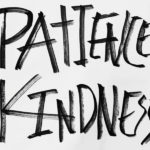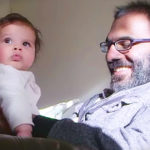 “Wearing my father’s coat. He has died. I didn’t like him, but I wear the coat.”
“Wearing my father’s coat. He has died. I didn’t like him, but I wear the coat.”
The poet, Marc Smith, delivers his poem “Wearing My Father’s Coat” in the video below. It is a surprisingly honest commentary on the kind of ambivalent grief many of us experience after the death of a parent.
Have you ever said to yourself, “I hated it when my mother (or dad) did such and such” and yet you find yourself “wearing their coat?”
Why do we emulate what we disliked about a parent? Best answer: because our early life depended upon it. The truth is your parents’ life strategies and perspectives needed to be “right” – and remain unquestioned – in order for you to feel safe as a child.
But you are now grown up.
If you are willing to closely observe your behavior you can become aware of “whose coat you are wearing,” and then choose to take it off. Once you are aware, you have a choice. It isn’t easy, but it can be done!
Death isn’t always a tragedy; sometimes it brings relief.
We are taught to not speak ill of the dead but such a mandate can put tremendous pressure on a person who needs to openly admit that a death has brought relief.
Relieved grievers are people of all ages and from all cultures and economic backgrounds. They may have experienced the death of an infant, teenager, spouse or parent. Their relief may come after exposure to abuse or another’s mental or physical illness.
Being relieved because another has died does not mean those closest to the deceased escape grieving. To the contrary, their grief is often more complicated.
The book Liberating Losses: When Death Brings Relief by Elison and McGonigle is a welcome addition to main stream grief and loss literature. The reader will find comfort and support in knowing they are not alone.





























